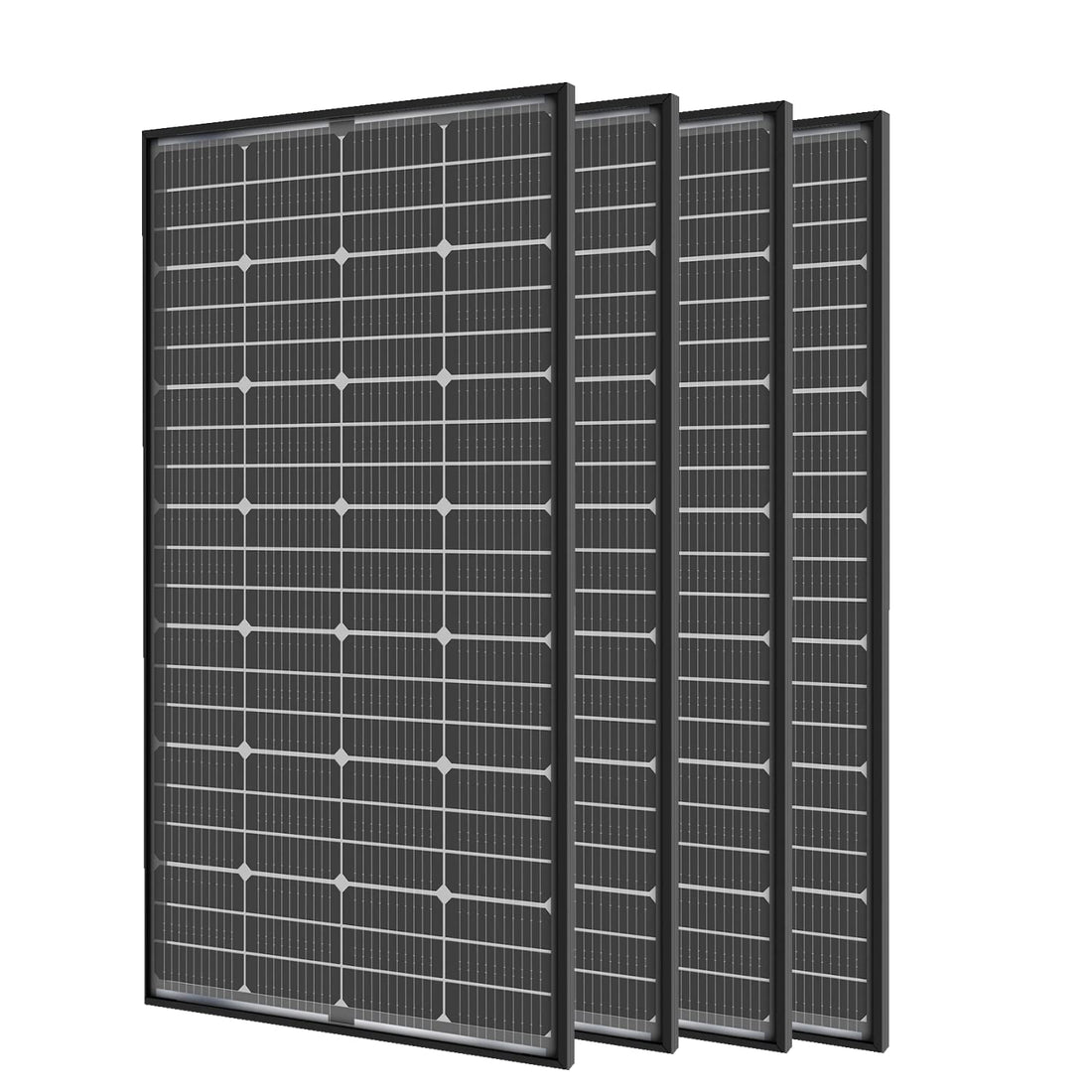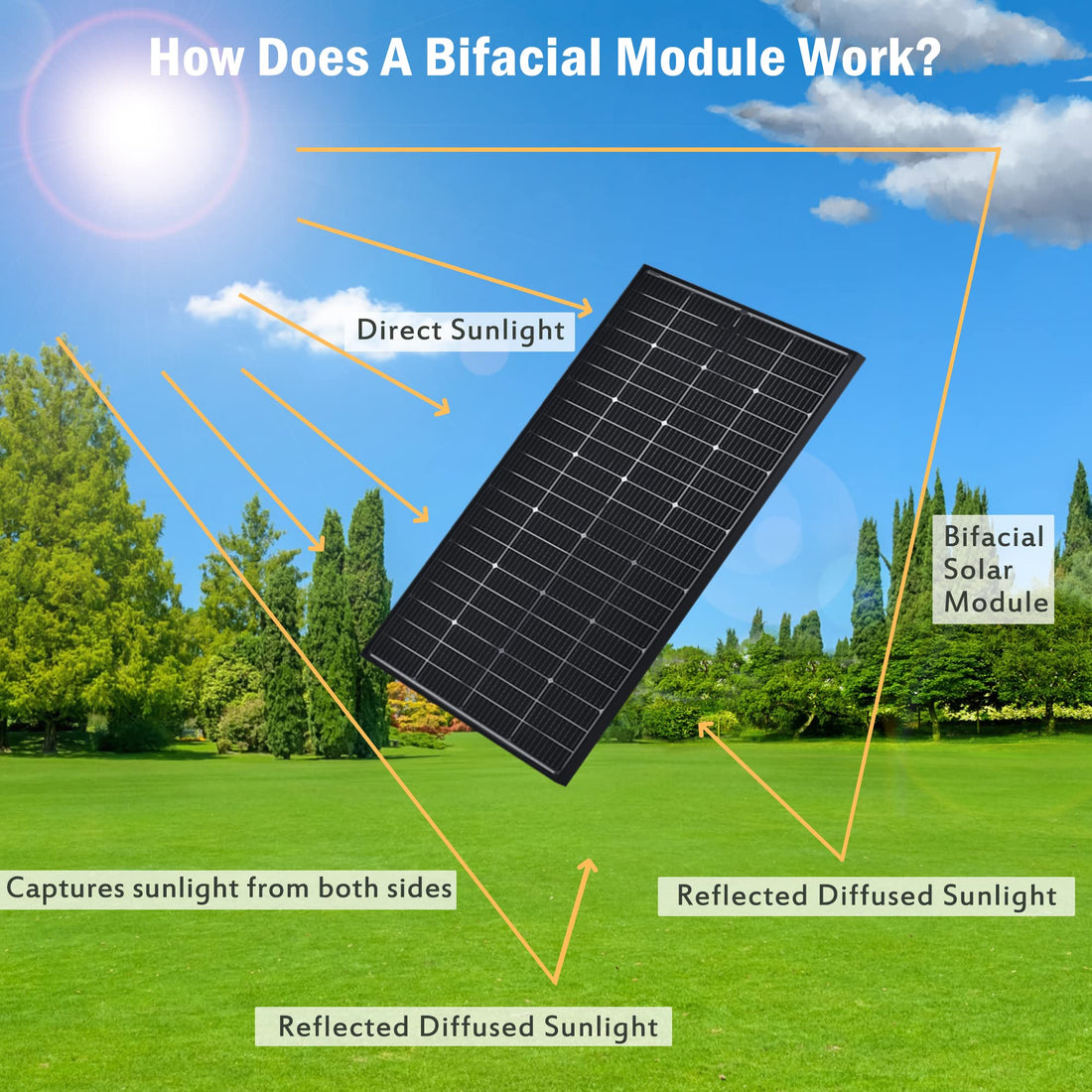Rigid Solar Panels
TOPBULL has crafted a range of high-quality rigid solar panels designed to meet a variety of application needs.
Versatile power options: Whether you need a lightweight solar panel with 100W or a higher power model such as 200W or 400W, we offer a wide range of options to ensure you find the product that best suits your needs.
Professional customised solutions: we have specially launched marine rigid solar panels for marine environments, as well as rigid solar panels for caravanning (RV) travellers, to meet the specific needs of particular industries and make your solar application more convenient.
High-quality materials for superior performance: We select high-quality materials for our Rigid Solar Panels to ensure high conversion efficiency and long-term stability for every panel. Whether it's for home use or commercial projects, you can enjoy the clean, sustainable energy of solar power.
- Featured
- Best selling
- Alphabetically, A-Z
- Alphabetically, Z-A
- Price, low to high
- Price, high to low
- Date, old to new
- Date, new to old






















